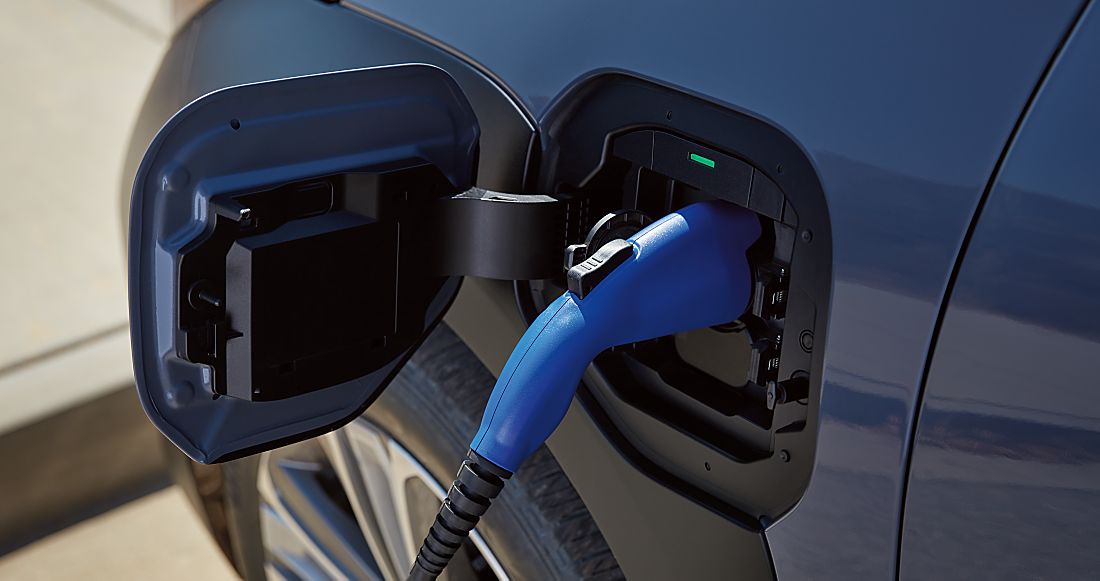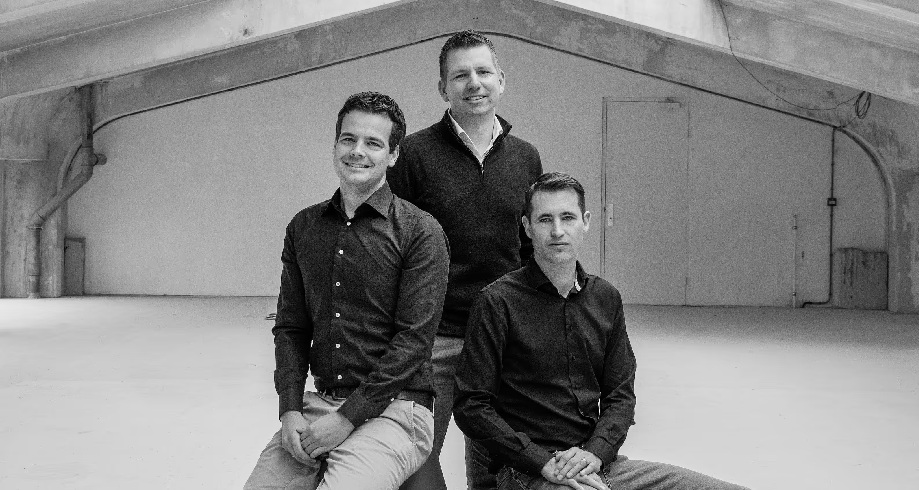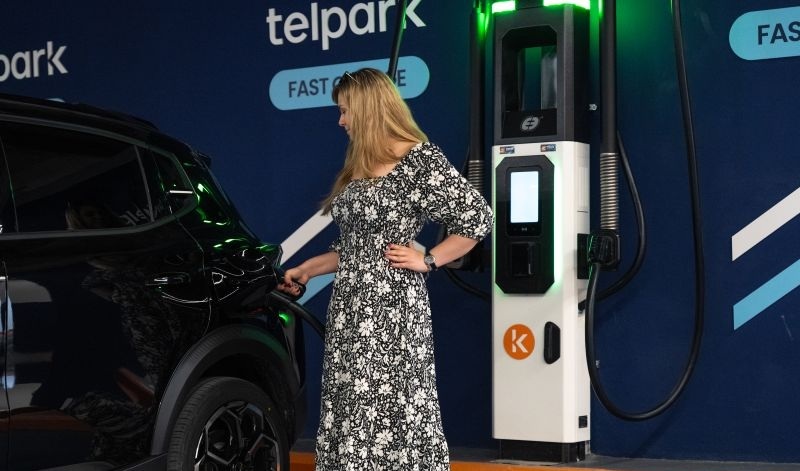The initiative, developed in partnership with Mota-Engil Renewing, integrates the MOBI.E network and strengthens electric mobility infrastructure across the university’s campuses.
The Catholic University of Portugal (UCP) now offers electric vehicle charging points at its campuses in Lisbon, Porto and Braga.
The initiative is part of a partnership with Mota-Engil Renewing and aligns with the institution’s sustainability strategy.
In Lisbon, four 22 kW chargers have been installed at the entrance of the open-air car park.
In Porto, the campus includes two 22 kW chargers in the faculty car park and two 11 kW chargers on level -1 of the Restauro Building car park.
The Braga campus now features four 11 kW chargers at its entrance car park.
All chargers are connected to the national MOBI.E electric mobility network and operate under a tariff provided by Mota-Engil Renewing.
The price varies based on charging time and is displayed at each station. Users are encouraged to vacate the charging point once charging is complete to ensure availability for others.
For assistance, a 24-hour call centre is available.
This deployment is part of the CASUS – Católica for Sustainability programme led by the university.
READ MORE
-
UK updates eligibility criteria for the Electric Car Grant
The UK Government sets new technical and environmental requirements that manufacturers must meet for their electric vehicles to qualify for grants of up to £3,750.
-
Deftpower raises €12.5M to boost European growth and enhance its AI-powered charging tech
Deftpower aims to make EV charging cheaper, cleaner, and smarter for drivers and CPOs, while easing pressure on Europe’s congested power grids.
-
Ekoenergetyka: Investing in EV charging at car parks is more crucial now than ever before
Public car parks are no longer just simple transit points. With the addition of chargers, they are becoming strategic hubs for electric mobility. What is Ekoenergetyka’s strategy?










